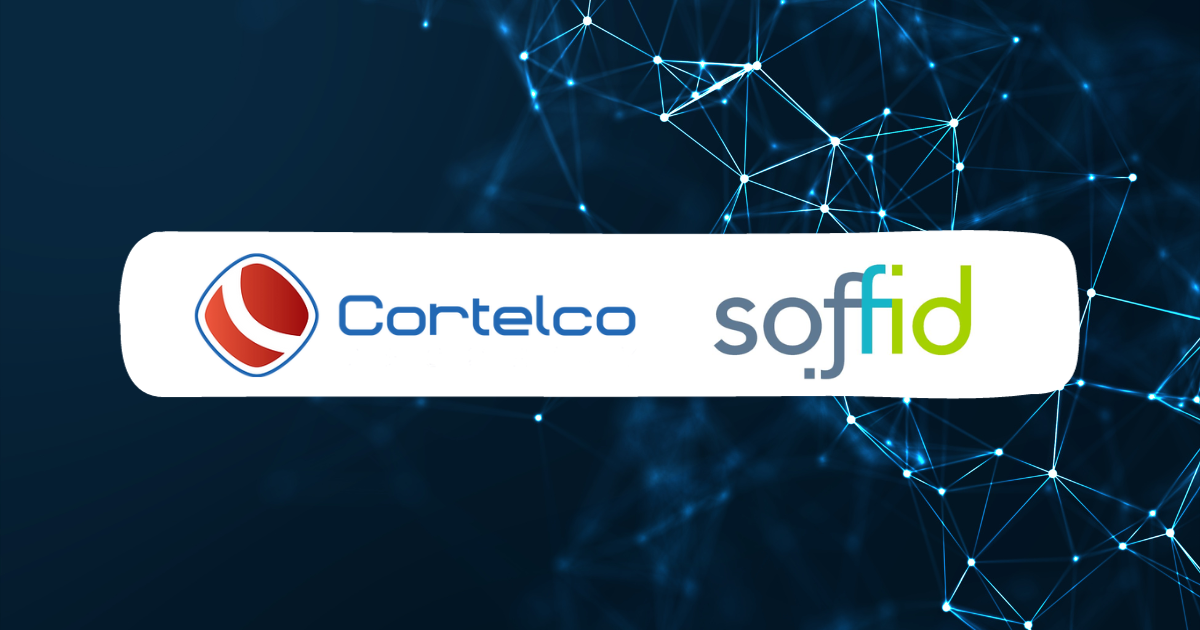The shift to remote work, accelerated by global events, has fundamentally transformed how businesses operate. This new paradigm has brought significant benefits, such as increased flexibility and access to a broader talent pool. However, it has also introduced a slew of cybersecurity challenges, particularly in the realm of identity and access management (IAM).
The Challenges of Remote Work
Remote work environments often involve accessing corporate resources from various locations and devices, which can expose organizations to security vulnerabilities. Traditional security measures, which rely heavily on perimeter defenses, are no longer sufficient. The need to ensure secure access to sensitive data and applications has never been more critical.
One of the main challenges is the increased attack surface. Employees working from home may use personal devices that lack proper security configurations, making them susceptible to phishing attacks and malware. Additionally, home networks are generally less secure than corporate networks, providing another entry point for cybercriminals.
Why IAM is Essential
IAM solutions play a crucial role in addressing these challenges by providing a robust framework for managing user identities and their access rights. With IAM, organizations can:
- Enhance Security: By ensuring that only authorized users have access to specific resources, IAM helps prevent unauthorized access and data breaches. Multi-factor authentication (MFA) adds an extra layer of security by requiring users to provide two or more verification factors.
- Improve Compliance: IAM systems help organizations comply with regulatory requirements by providing detailed audit trails and enforcing security policies. Regulations like GDPR, HIPAA, and CCPA mandate strict access controls and data protection measures, which IAM can facilitate.
- Increase Efficiency: Automating user provisioning and de-provisioning reduces the administrative burden on IT staff and minimizes the risk of human error. This automation ensures that users have timely access to the resources they need, improving productivity.
Soffid’s Approach to IAM
At Soffid, we understand the unique challenges posed by remote work environments. Our IAM solutions are designed to provide comprehensive security, seamless integration, and ease of use. We offer features such as multi-factor authentication (MFA), single sign-on (SSO), and adaptive access control to ensure that your organization’s resources are protected at all times.
- Multi-Factor Authentication (MFA): Enhances security by requiring users to provide multiple forms of verification.
- Single Sign-On (SSO): Simplifies the user experience by allowing access to multiple applications with a single set of credentials.
- Adaptive Access Control: Adjusts access permissions based on user behavior and context, providing dynamic security measures.
As remote work continues to evolve, the importance of robust IAM solutions cannot be overstated. Organizations must prioritize IAM to safeguard their digital assets and ensure business continuity. With Soffid’s advanced IAM solutions, you can confidently navigate the complexities of remote work and secure your organization’s future.
Investing in IAM not only protects against current threats but also prepares organizations for future challenges. As technology and work environments evolve, so too must the strategies and tools used to protect them. Soffid’s commitment to innovation and security ensures that our IAM solutions will continue to meet the needs of businesses in an ever-changing digital landscape.





